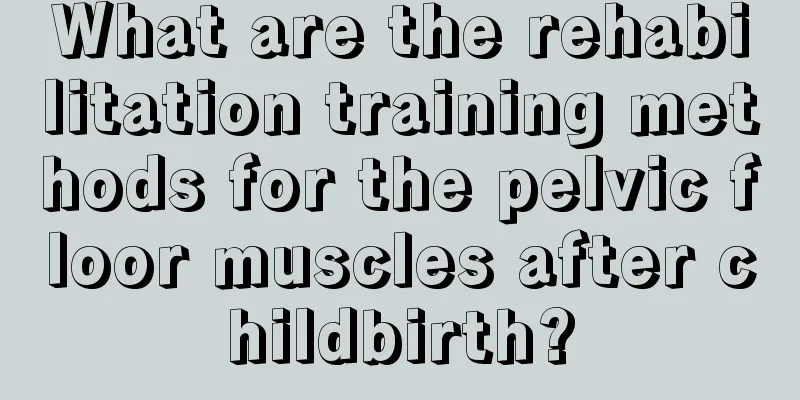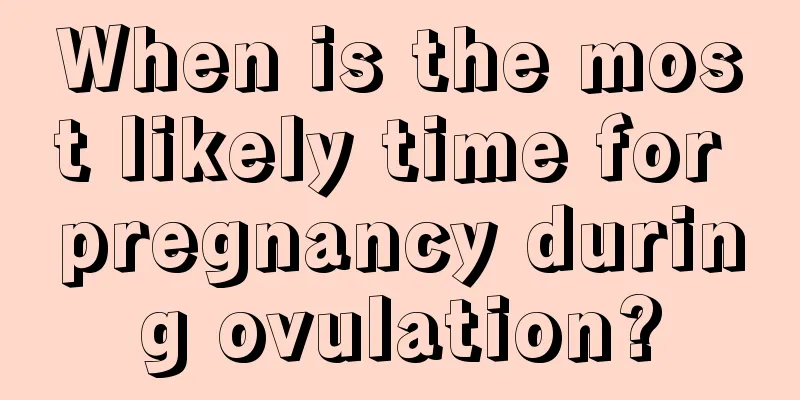The impact of hysterectomy on life

|
Hysterectomy is mainly a treatment for some uterine diseases. The uterus is the main female characteristic and an important organ of the female reproductive system. The surgery mainly acts on uterine tumors and some uterine bleeding and adnexal lesions. The surgery must pay attention to reducing blood loss as much as possible. The surgeon must be familiar with some local anatomical relationships of the endometrium. After the surgery, you must pay attention to getting a good rest. The patient should go to the hospital for a follow-up examination to understand the wound healing situation and summarize the general effects after resection. The specific manifestations are generally the disappearance of menstruation, the decrease of vaginal secretions, and the appearance of menopausal symptoms. Hysterectomy affects the integrity of gynecology. The uterus is an important internal reproductive organ. It is not uncommon for women to undergo hysterectomy due to uterine diseases such as uterine fibroids, dysfunctional uterine bleeding, and adenomyosis. The uterus is not only an important reproductive organ, but also has endocrine functions. After hysterectomy, a series of changes will occur in the body, specifically: ① The menstruation disappears. Menstruation is the periodic shedding of the endometrium. After hysterectomy, menstruation disappears naturally. ②Vaginal secretions decrease. Vaginal secretions are composed of secretions from the uterine cavity, cervical glands and vaginal exfoliated cells. Patients with uterine fibroids have an abnormal increase in secretions due to the enlargement of the uterine cavity. Vaginal secretions are significantly reduced after hysterectomy. ③ Early onset of menopausal symptoms. The blood supply to the ovaries comes from the ascending branches of the ovarian arteries and the uterine arteries. Literature reports that the uterine side supplies about 50% to 70% of the blood to the ovaries. Hysterectomy can affect the blood supply to the ovaries and accelerate ovarian failure. Siddle et al. demonstrated that women who underwent hysterectomy experienced ovarian failure 4 years earlier than those who experienced natural menopause, and 34% of women experienced ovarian failure and menopausal symptoms within 2 years after surgery. ④Hysterectomy affects the integrity of the pelvic floor, shortens the vagina, and has a certain impact on sexual life. Subtotal hysterectomy or intrafascial hysterectomy can greatly reduce the impact on sexual life. ⑤The incidence of cardiovascular diseases increased. After hysterectomy, ovarian function fails prematurely, estrogen secretion decreases, cardiovascular morbidity increases, and patients are prone to obesity, hypertension, heart disease, osteoporosis, etc. The above is the impact of hysterectomy. My colleague said that vaginal absorption in China will also be affected to a certain extent. Her own hysterectomy still has a certain impact, but for today. It will definitely affect your hysterectomy. The general manifestations are the disappearance of menstruation, the decrease of vaginal secretions, the appearance of menopausal symptoms, and the impact of gynecological integrity caused by hysterectomy. |
<<: Beware of 5 expressions of women's private parts
Recommend
I haven't had my period for seven months.
Not having menstruation for seven months is an ab...
Itchy vagina with white stuff
For female friends, they must pay attention to pr...
What should women do if their nipples are inflamed?
A plump breast is a characteristic of women and a...
Will I bleed after taking birth control pills? There are so many adverse reactions
I believe everyone is familiar with birth control...
Blood clots at the beginning of menstruation
For women, blood clots during menstruation are a ...
Can I take physical education classes during menstruation?
Physical education classes are organized by schoo...
What is hydrangea? What is the growing environment of hydrangea?
Hydrangea has a plump, large and beautiful flower...
Reasons for belly rumbling during pregnancy
Pregnancy is a very surprising and amazing thing ...
What does hymen mean?
The hymen is broken. It is a layer of plastic fil...
Is it normal to have a period every 50 days?
Menstruation often becomes period, because, menst...
What is the sound of a broken tire bearing? How to distinguish between abnormal tire noise and abnormal bearing noise?
The normal and fast driving of a car is inseparab...
What are the symptoms of cervical cysts?
Female friends often suffer from gynecological di...
I didn't have my period but I was bleeding
Women generally experience vaginal bleeding durin...
Where is the best night view in Qingdao? What kind of shrimp is it?
In Qingdao, there is a saying that "the pier...
Recovery after mastitis abscess drainage
If mastitis is severe, it often leads to the form...









